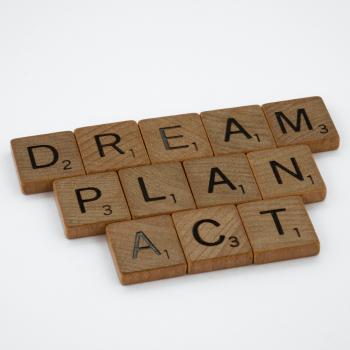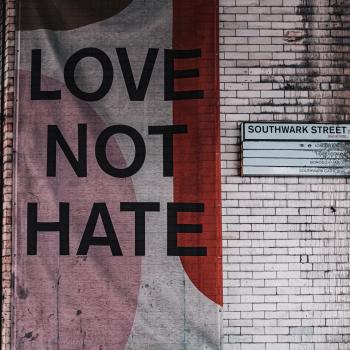3) React
One obvious way we damage our relationships is by reacting to our emotions. Anger invites us to yell, if taken at face value. It invites us into negative action. Just like joy invites us into positive reaction. When we react to emotions, we take them at face value rather than follow their lead to the underlying value.

The opposite to reacting (in this case) is responding. We respond by considering the value being pressed and thinking about how to act out of that value rather than the emotion that alerted us of the value. For example, you may have a negative emotion (like anger) when you don’t get what you want because it triggers your value for worth. But, on reflection, you may consider your anger is misplaced. Or, you may find joy when you get exactly what you want, feeding your value to be cared for. But on further reflection may discover you did not really want what you wanted and your high emotion was feeding a superficial version of your value (entitlement, etc.). In these instances, you may find a negative emotion leads you to a positive response – or vice versa.
4) Misinterpret
We tend to judge ourselves on our intentions and others on their behavior. We justify our emotions by claiming we know what the other intended purely by observing what they did (or said). We allow our biased emotions to reinforce a narrative wherein we are the hero under attack.

This is damaging to relationships because it turns the person we are in relationship with into an enemy rather than an ally. You are no longer in it together, but adversaries. Your (and, inevitably, their) instinct for self-preservation will create a battle where there need not be one.
I’m not talking about repressing your emotions or avoiding conflict. I am talking about misinterpreting both so that you think you need to “win” at the expense of those you are in relationship with.
5) Match
Have you ever been in a room of college students talking casually? Everyone is waiting for their turn to speak, sometimes interrupting others. What happens is each consecutive commenter gets a little louder than the other until suddenly the volume is strangely much higher than before. This will happen until the collective recognizes it is “too loud” or until someone points out they should maybe quiet down.
The same thing happens with our emotions in relationships. One of us is angry and the other responds in anger. We match emotion for emotion, going toe-to-toe. Each of us feels threatened and as though we need to assert and justify our emotion. Sadness compels sadness. Even joy compels joy. If we do not hear and value the other’s emotions, we get in a boxing match, a game of one-upsmanship. This, once again, turns what should be a unifying relationship into a competition. One in which there really is no winner.
Emotions are challenging to navigate within our individual self. Let alone to try to figure out how to share and respond to them within a relationship. The complexity is a minefield for potential damage. But it is also a kaleidoscope of opportunity.











